In the past decade there has been a growing tension about global warming, climate change, going ‘green’, disagreements on what or who’s to blame, the impact we will see in the future and whose responsibility it is to fix it. Through the haze of statistics, propaganda and product pitches, there have been politicians, a wide array of scientists and celebrities trying to sway the public’s view of global warming and its effects. Some argue that it is human behavior that is the leading cause behind global warming, while others argue that it’s the earth’s natural cause to fluctuate in temperature. Though some don’t agree on the this topic, one thing we can all agree on is the environmental effects we are seeing more and more each day.
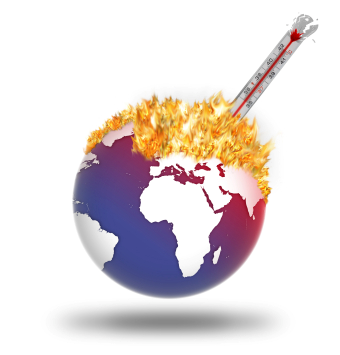
With the ever increasing output of greenhouse gases, such as carbon dioxide and methane, and world population, the results are seen to be irreversible and bleak. The complex effects of global warming are influencing our atmosphere, soil and water and are hard to predict. With this unpredictability looming down upon us some are starting to wonder what our future, at this rate is going to be.
http://www.youtube.com/watch?v=2_ZQRIsn2pA
http://www.youtube.com/watch?v=P-0_gDXqYeQ
http://www.youtube.com/watch?v=6rdLu7wiZOE
http://www.youtube.com/watch?v=skFrR3g4BRQ
http://www.youtube.com/watch?v=7nRf2RTqANg
http://www.youtube.com/watch?v=O8qmaAMK4cM
"Projected climate changes during the 21st century have the potential to lead to future large-scale and possible irreversible changes in Earth systems"- stated in a summary of the report by the UN-sponsored Inter-governmental Panel on Climate Change (IPCC)
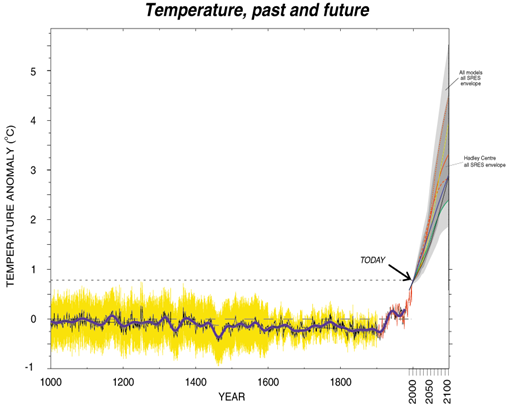
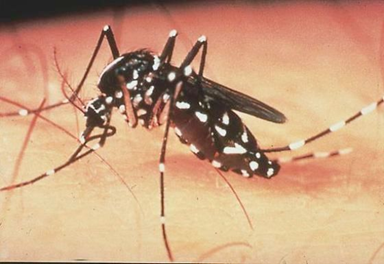 Disease Spread |  More Powerful and Frequent Weather |
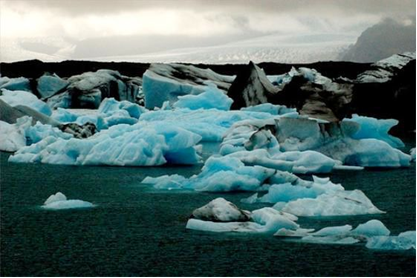
Polar Icecap Melting
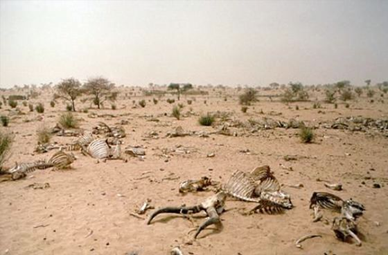 Desertification |  Changing Economy |
Though there are many aspects of the effects of global climate change, from a public health perspective we will be proving more information on the increase and spread of disease.
In the past few years there has been an increasing amount of vector-borne diseases at higher elevations and found in areas never before infected. According to a report by the UN-sponsored Inter-governmental Panel on Climate Change (IPCC), it was predicted that vector-borne infectious disease would expand to the north and south and would be an increase in the prevalence of such diseases in Latin America. They also reported a risk of malaria spreading to North America. Additionally, with melting glaciers leading to a rise in sea levels would lead to flooding. With an increase in flooding there will also be an increased risk of diarrheal and respiratory disease and hunger and malnutrition.
“The global emergence, resurgence, and redistribution of infectious disease in the latter part of the twentieth century is-as Reiter rightly argues-multifactorial, involving land-use change, local biogeography, population migration, immunological history, control measures, and-most fundamentally-the level of socioeconomic development”- Paul Epstein
With the ever increasing output of greenhouse gases, such as carbon dioxide and methane, and world population, the results are seen to be irreversible and bleak. The complex effects of global warming are influencing our atmosphere, soil and water and are hard to predict. This combustion of fossil fuels has resulted in a buildup of greenhouse gases causing increasing changes in the world’s climate change which has a domino effect on many aspects of the earth. The main aspects includes: warmer temperatures, climate shifts, changes in vital ecosystems, more extreme weather, changes in human behavior and an increase in diseases. Though there are many aspects of the effects of global climate change, from a public health perspective we will be proving more information on the increase and spread of disease.
In the past few years there has been an increasing amount of vector-borne diseases at higher elevations and found in areas never before infected. Additionally, with melting glaciers leading to a rise in sea levels would lead to flooding. With an increase in flooding there will also be an increased risk of diarrheal and respiratory disease and hunger and malnutrition.
References for Photos
EnvironmentalGraffitti.com. Accessed on May 2, 2008.
[http://www.environmentalgraffiti.com/sciencetech/5-deadliest-
effects-of-global-warming/276]
Epstein, Paul. “Global Warming and Vector-borne Disease”. The
Lancet 1998; 351 (9117): 1737.
Kapp, Clare. “Climate Change likely to prove deadly, says United
Nations Report.” The Lancet 2001; 357 (9257): 696.
NewsBusters.org. Accessed on May 2, 2008.
[newsbusters.org/issues/environment?page=6]
Pierce, Crispin. ENPH 210 classroom slide from ‘Global Warming and
Human Health’. Spring 2008.
Created By:
Katie Anderson, Tara Collins, Tricia Hernick, Crystal Kazik, Jessica Meyers, Sean Mitchell, Katelyn Parker, Sara Strehlow, Michael Umhoefer